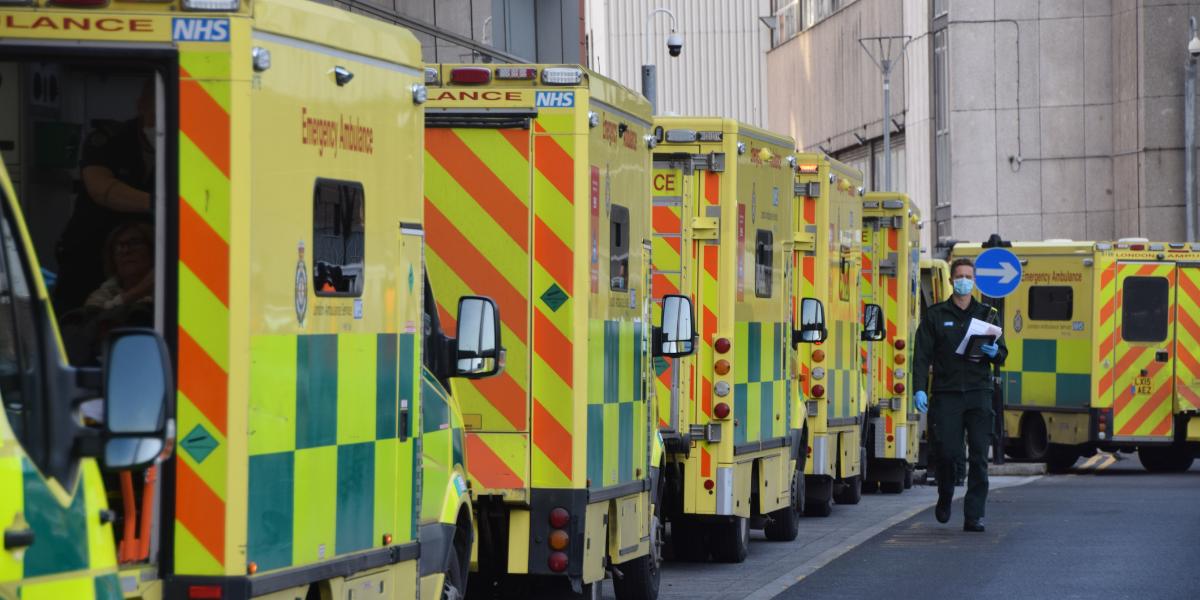The biggest NHS strikes in history start today as nurses and ambulance staff in parts of England begin a series of walkouts.
Members of the Royal College of Nursing will walkout of a third of NHS trusts today.
Walkouts are part of efforts by NHS staff to secure an above-inflation pay rise.
Royal College of Nursing general secretary Pat Cullen said “taking industrial action was the last thing nurses wanted to do”.
When will strike action take place?
On Tuesday (February 7), Royal College of Nursing members will walkout in a third of services in England.
On Thursday (February 9), approximately a quarter of physiotherapists will go on strike.
On Friday (February 10), Unison trade union members who are ambulance staff in half of England’s 10 services will walkout.
Under British trade union laws, emergency cover must be provided by organisations walking out.
Is there anywhere that strike action is not taking place?
There is no industrial action taking place in Northern Ireland.
Walkouts planned by Royal College of Nursing members in Wales will not take place after negotiations.
Staff in Wales were offered the same pay award as staff in England, reported to be worth a minimum of £1,400 or an average of 4.75% for every NHS role below a doctor.
The Welsh government topped this up by a further 3%, suspending many planned strikes in Wales.
How damaging are the NHS strikes?
The strike acton on Monday is the first time nurses and ambulance staff have walked out together.
However, the consequence of strike action is not felt everywhere.
The biggest union representing ambulance staff, Unison, is not involved in the strike action taking place on Monday (February 6).
Ambulance services in London and the East of England also remain unaffected.
What do I need to know as a patient?
- If you have an appointment that has not been re-arranged, attend as normal.
- Expect some delays in areas where nurse and/or ambulance staff are striking.
- Some services may not be fully staffed.
- Digital services (such as apps or online platforms) should work as normal.
- Routine care such as planned services or operations may be disrupted.
What do I do if there is an emergency?
- In an emergency, call 999.
- If you need medical help that is not an emergency, call 111.





